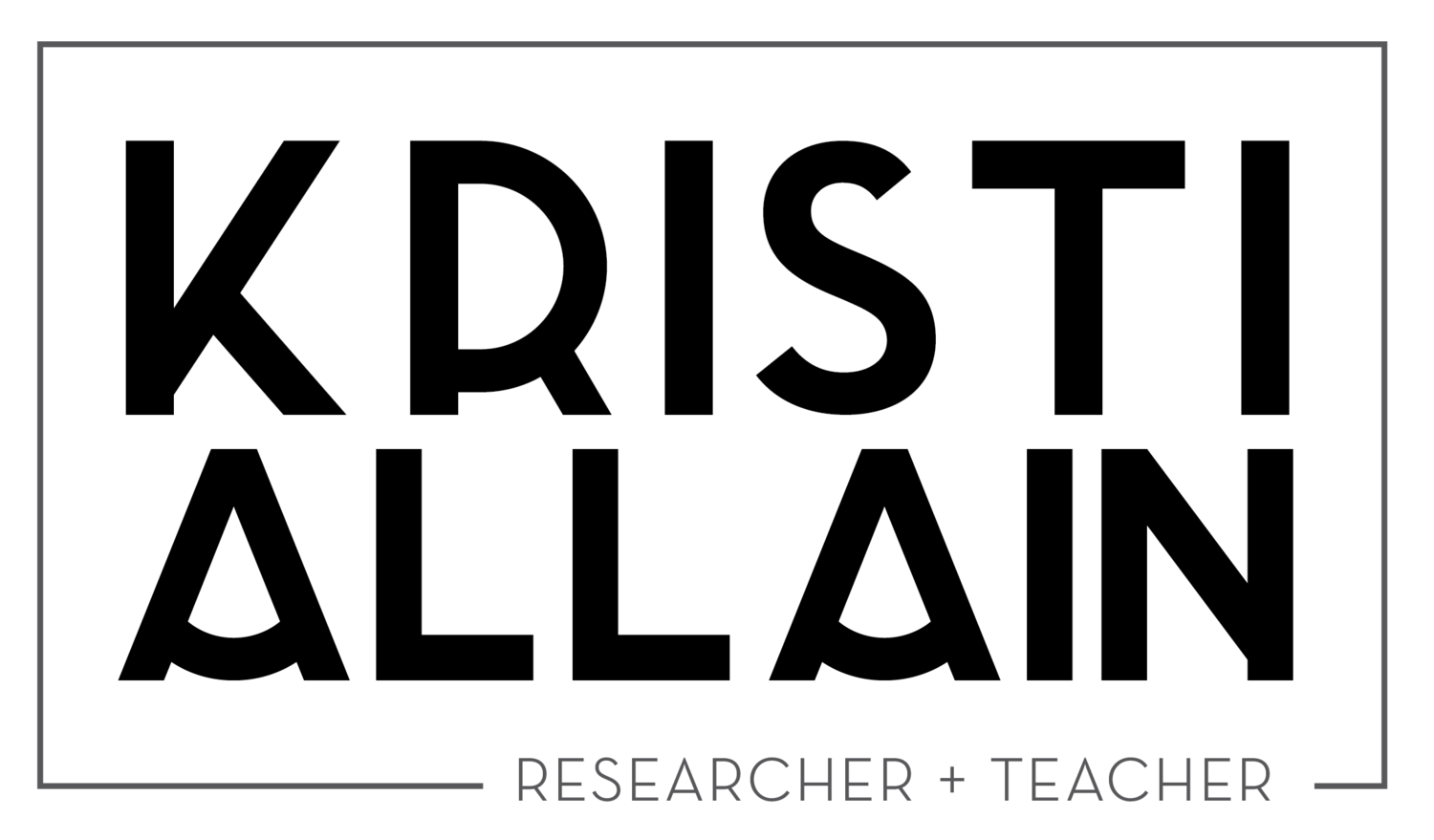• • • Aging and winter sport in Canada
“We have chosen the most abused season of the year, our Winter … when on the spot you can see … how Canadians not only look Jack Frost in the face, but force him to become our companion in sport rather than our master.” (George Beers, 1883)
Canadian national identity has long privileged an association between the ruggedness of the North and a youthful, aggressive masculinity associated with winter sports such as hockey. Yet even as Canadian culture-makers continue to generate this national mythology, the nation becomes demographically older. The proposed research program will explore how Canada’s demographic changes have the potential to shift dominant notions of aging as they relate to sport and national identity – an overlooked area of inquiry within the sociological literature addressing nationalism and sport.
This research project is occurring during an important historical moment. As baby boomers age, they face growing social pressures to stay healthy and active through physical activity, and sports organizations promote an ever-increasing number of activities – including winter sports such as skiing, skating, hockey and curling – as contributing to an “active aging” agenda. At the same time, government health bodies caution older adults to avoid activities that may cause injury, especially slips and falls. It is therefore important to investigate the intersections of winter sports and embodied aging and explore how they relate to Canadian national identity and gender.
To tease out the complex intersections of these disparate but interrelated fields, this project asks the following questions:
How does Canadian popular culture represent older Canadians and their sports participation?
What experiences and meanings do older Canadians bring to their participation in winter sports?
How does gender impact the experiences and meanings that older people bring to their sports participation?
Do the growing number of retiring baby boomers and their winter sport practices affect notions of Canadian identity?
These questions and their answers will address significant gaps in the academic literature related to gender, national identity and sport as well as gender, aging and sport. They may also inform community initiatives and public policy.
The proposed research program will include:
(a) an analysis of visual and print representations of older people’s winter sport participation;
(b) an analysis of the ways in which winter sports organizations’ structures and policies either facilitate or render difficult older adults’ participation; and
(c) interviews with older winter sports participants which explore the ways they understand themselves, their gendered bodies, and their identities as “Canadian.”
Academic Publications:
Allain, K. A. (2020). Winter of our contentment: Examining risk, pleasure, and emplacement in later-life physical activity. Journal of Aging Studies.
Knowledge Dissemination:
Presentation to Sport Canada about this work:

